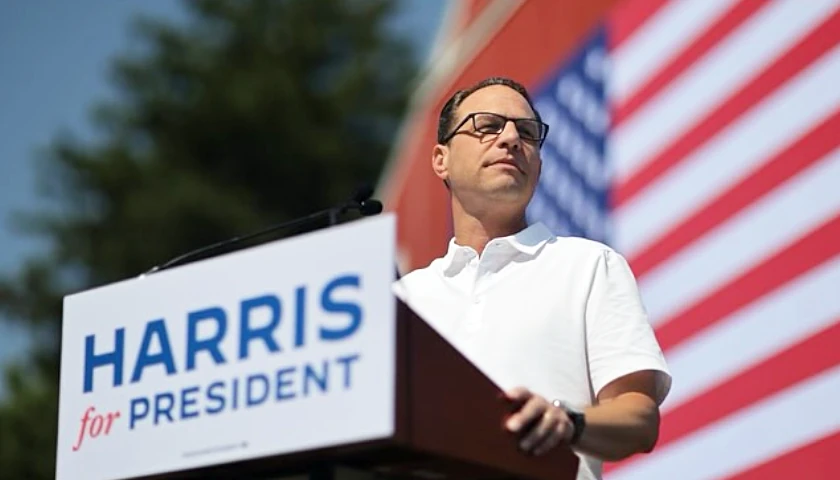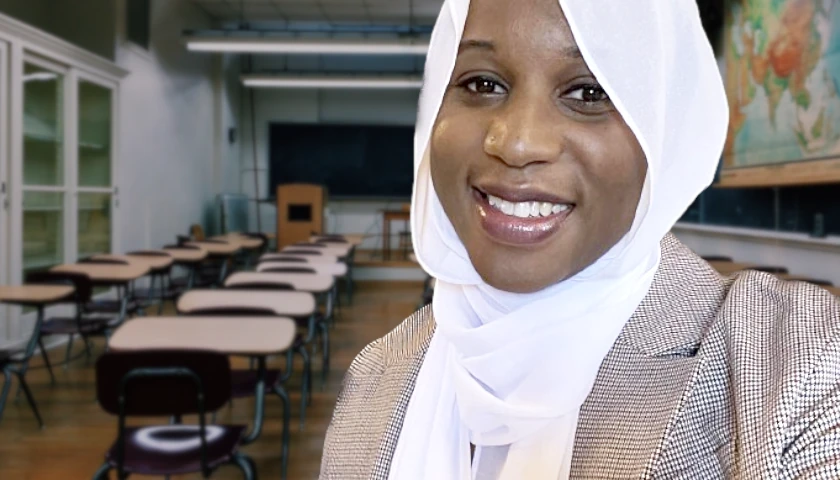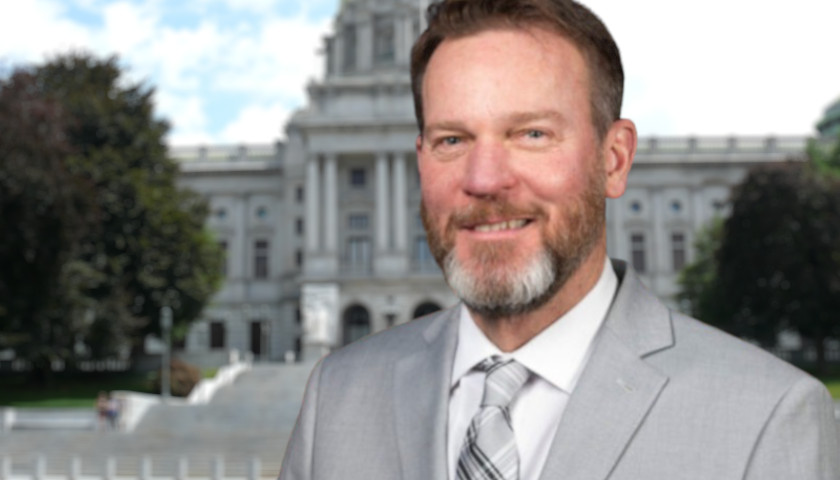by Anthony Hennen
As Pennsylvania’s divide over education funding continues, House Republicans once again championed their plan to give scholarships to students in low-performing schools to enroll elsewhere.
The House Republican Policy Committee met Tuesday in Philadelphia to hear testimony from education professionals, private school students, and parents on how families would benefit from Lifeline Scholarships, which has been controversial with Democrats who worry about diverting funding from public schools.
“I’ve been fighting to give parents greater freedom in choosing a school best for their children instead of being trapped in a one-size-fits-all education system that unfortunately has been failing our children for far too long,” Rep. Martina White, R-Philadelphia, said.
White noted that Philadelphia’s public schools have a 3rd-grade literacy rate of less than 30% and a 22% math proficiency level, arguing that poor performance shows the need for systemic change.
“It’s a 19th-century system that is just not working for today’s children,” Rep. Josh Kail, R-Beaver, said. “We can provide relief through some policies if we actually deliver on what we promise to do.”
Democrats and Republicans have given ample attention to education in recent months, both due to Gov. Josh Shapiro’s vow to veto a Lifeline Scholarship program in the state budget and the February Commonwealth Court ruling that Pennsylvania’s school funding system was unconstitutional.
During the summer, education-related hearings have featured state politicians sparring over education funding levels and school choice.
Private school officials argue that they can offer a better education for students when public schools fail.
“It is hard for kids to learn where they’re concerned about safety and they don’t feel safe,” Andrew Brady, president of West Catholic Preparatory High School in Philadelphia, said.
“The lack of educational opportunity for our children is an injustice, and we bear a moral and ethical responsibility to address it immediately,” Brady said. “We have an opportunity to change this through the PASS scholarship program, and to delay that would be to betray our young people.”
Jaslin Vasquez-Gonzales, a student at St. Joseph’s University and graduate of Little Flower Catholic High School in Philadelphia, spoke of how important it is to have opportunity outside public schools.
“Money should not be the reason that a kid doesn’t receive the education they deserve,” Vasquez-Gonzales said.
Vasquez-Gonzales received a scholarship to attend Little Flower where, she said, “I went on to show that to excel, I just needed someone to invest in my future.”
The alternative was the local public school where she heard of “ongoing stories of fights and misguidance.”
“In Philadelphia, public schools are progressively showing signs of violence and unsafety,” she said. “In Philadelphia, not all public schools are failing their students, but there are too many that are.”
“Every parent cannot have another full-time job scouring the internet for grants,” Kemah Brewington, a mother testifying at the hearing who supports school choice, said. She also noted she wasn’t in lockstep agreement with the Republican representatives.
“I am a diehard Democrat,” Brewington said. “This goes beyond our politics.”
Brewington spoke of her frustration in trying to get her children into good schools and the risk of her son “being around the wrong people to throw away years of hard work” in public school.
“We must all work together cohesively to give every single child at least a fighting chance to succeed,” Brewington said.
Republicans, despite the Shapiro veto, will keep pushing for a change.
“I don’t think the issue is dead,” Rep. Clint Owlett, R-Wellsboro, said. “I think we’re going to continue to work on this…there are a number of us trying to get this done because it’s the right thing to do.”
– – –
Anthony Hennen is a reporter for The Center Square news wire service, covering Pennsylvania, and co-host of Pennsylvania in Focus, a weekly podcast on America’s Talking Network. Previously, he worked for Philadelphia Weekly and the James G. Martin Center for Academic Renewal. He is managing editor of Expatalachians, a journalism project focused on the Appalachian region.





